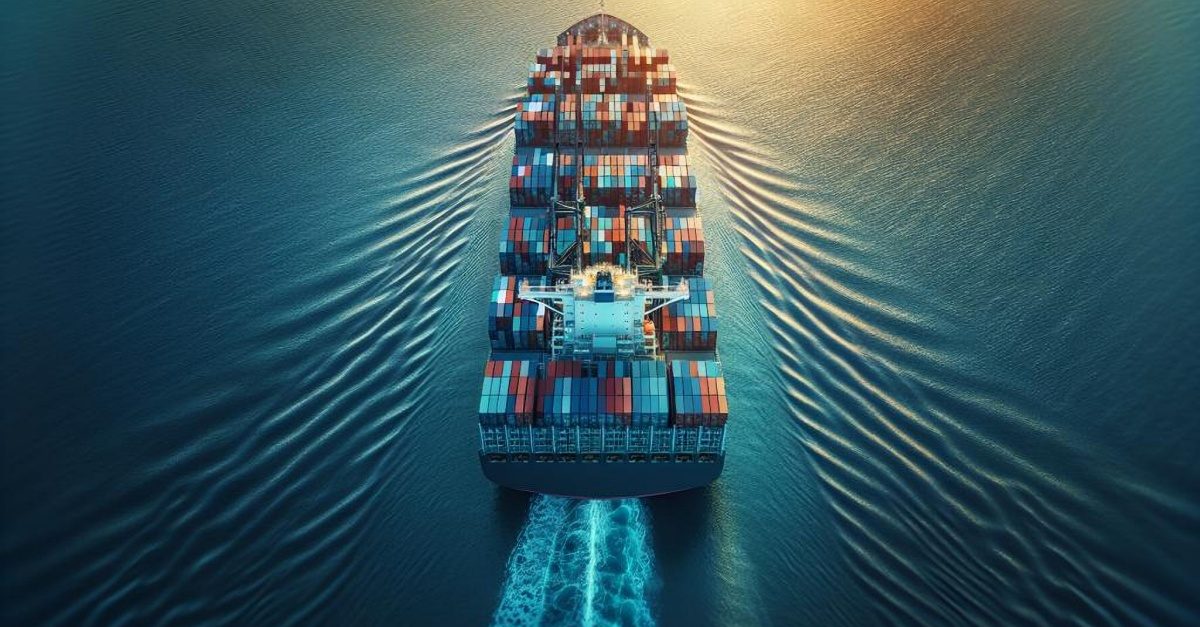
Freight Bottlenecks Are Slowing Down Deliveries Globally
Freight bottlenecks are becoming a significant issue for supply chain operations across the globe. These bottlenecks not only slow down deliveries but also have knock-on effects that impact customer satisfaction and revenue generation. Understanding what is causing these bottlenecks and how to mitigate them is essential for supply chain resilience.
Port Congestion and Labour Shortages
One primary reason for freight bottlenecks is the surge in global trade volumes combined with constrained port capacities. Many ports are experiencing record-high container traffic, leading to congestion. Ships wait for days or even weeks to berth, causing delays throughout the supply chain. To add to this, a shortage of port workers and customs staff means that containers are taking longer to be unloaded and processed. These delays have a ripple effect, as goods that remain at the ports are goods that do not reach their intended destinations on time.
The Shortage of Truck Drivers
The scarcity of truck drivers is another key factor contributing to delivery slowdowns. In the UK, for instance, this shortage has been exacerbated by Brexit, which has restricted the labour pool, and by an ageing workforce that has yet to be fully replaced by younger drivers. Businesses now need to consider how to find a truck driver who is available and willing to meet the demand for deliveries. Without enough drivers, goods that have made it to ports or warehouses are left waiting, compounding the delays caused by port congestion.
Rail Freight and Warehousing Capacity
Rail freight has not escaped these issues either. The rail networks have seen a surge in demand, and limited rail capacity has led to increased transit times. Additionally, track maintenance work and industrial action have created further delays, particularly in peak seasons when demand is high. Such challenges make it crucial for logistics planners to monitor rail schedules closely and adapt accordingly.
Warehousing capacity issues further strain the delivery timeline. Many warehouses have reached maximum occupancy as businesses store more inventory in anticipation of longer lead times. Space shortages mean that containers are often left at ports longer than necessary, creating a backlog of goods waiting to move through the supply chain. This compounds the bottlenecks and adds to the time it takes for goods to reach customers.
Technology and Collaboration in Mitigating Bottlenecks
Technology is playing a vital role in alleviating these bottlenecks. Automation, real-time tracking systems, and AI-powered data analysis have helped some businesses optimise their supply chain routes and schedules. These tools enable quicker decision-making and help prioritise urgent shipments. However, technology alone cannot solve the underlying labour shortages or infrastructure issues that underpin these bottlenecks.
Freight bottlenecks are unlikely to disappear overnight, but understanding their origins and impacts can help supply chain managers develop more effective strategies. By focusing on process improvement, technological integration, and closer collaboration with transport providers, businesses can better navigate these delivery slowdowns. Investing in long-term solutions, including better workforce development and infrastructure improvements, will be critical in reducing freight bottlenecks and ensuring supply chain reliability. Look over the accompanying resource for more information.
With such importance placed on the success of ports & shipping within a business, at the Institute of Supply Chain Management (IoSCM), we offer a range of professional qualifications, carefully designed to match modern business’ needs and upskill professionals at all stages of their careers.

